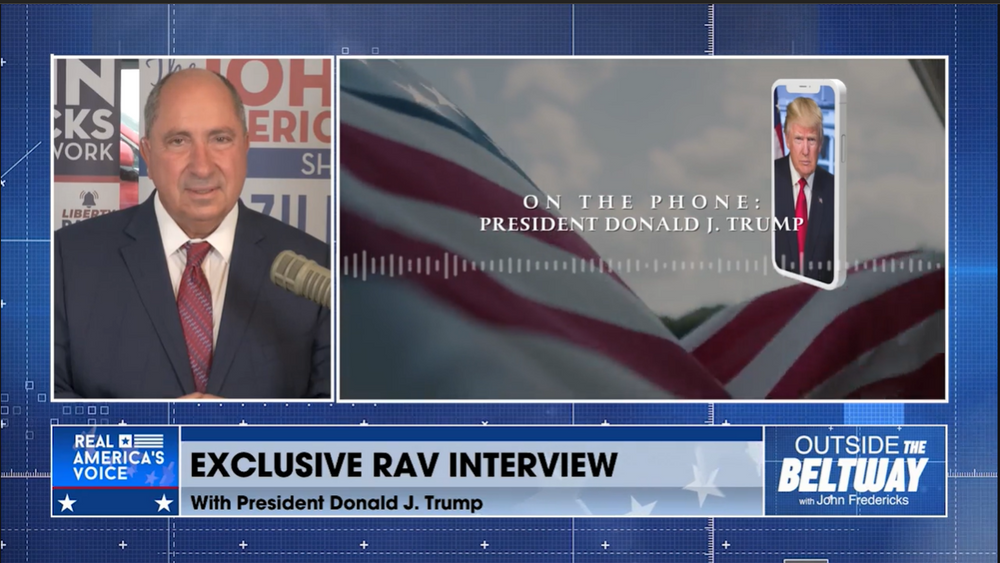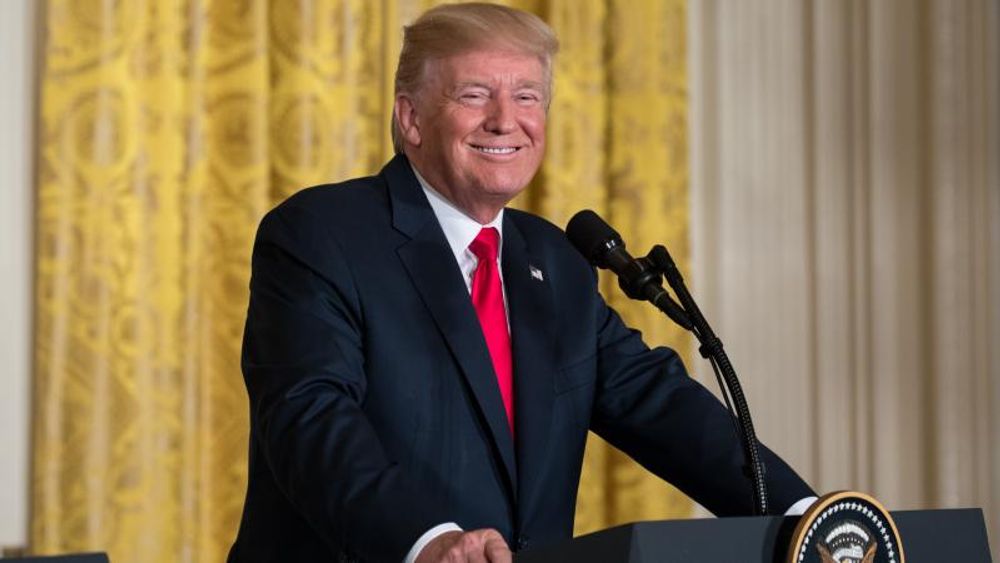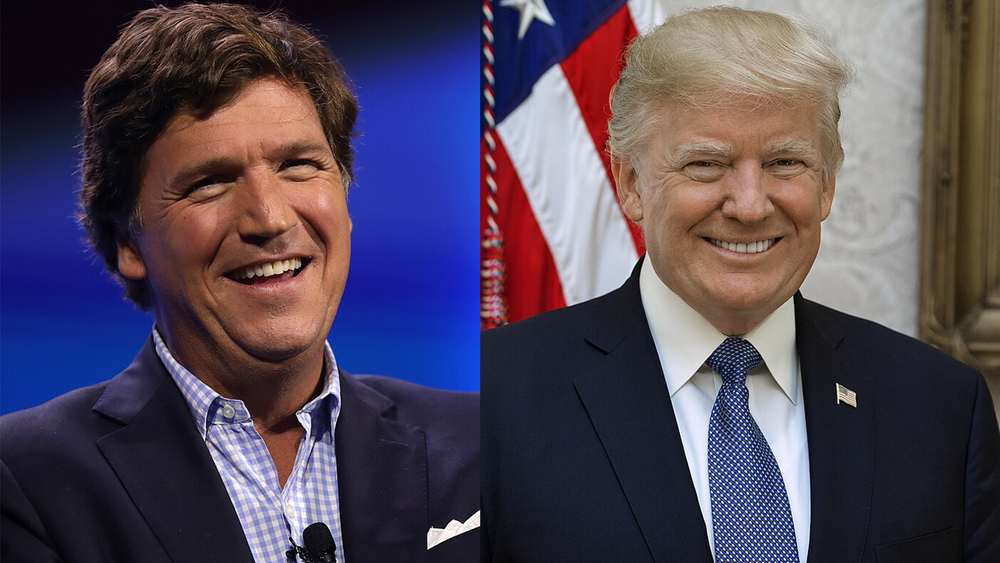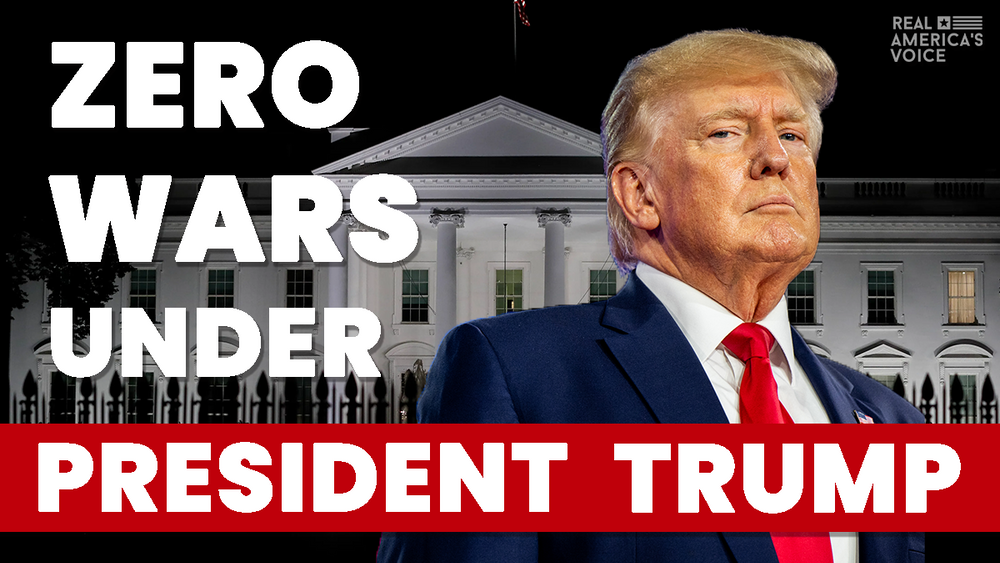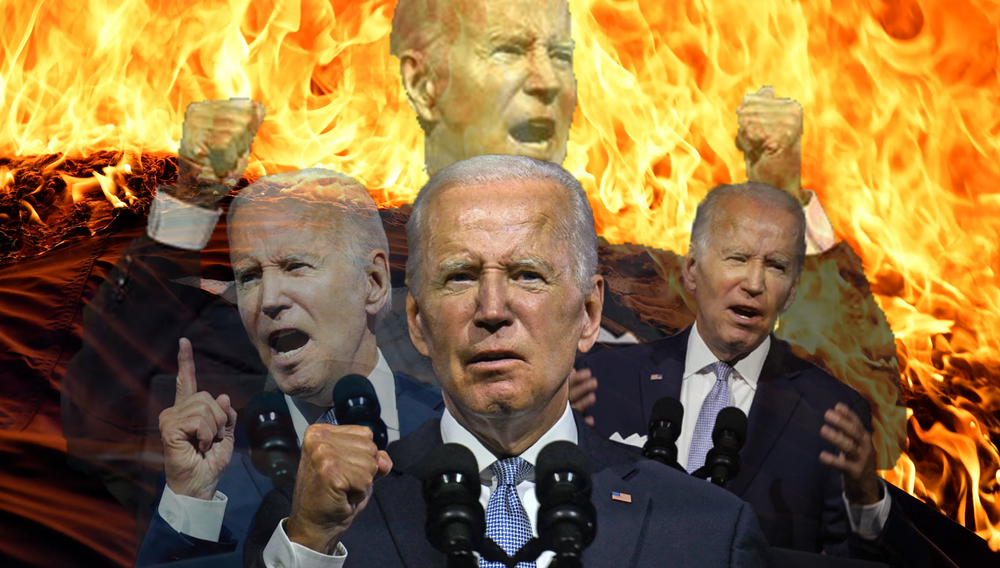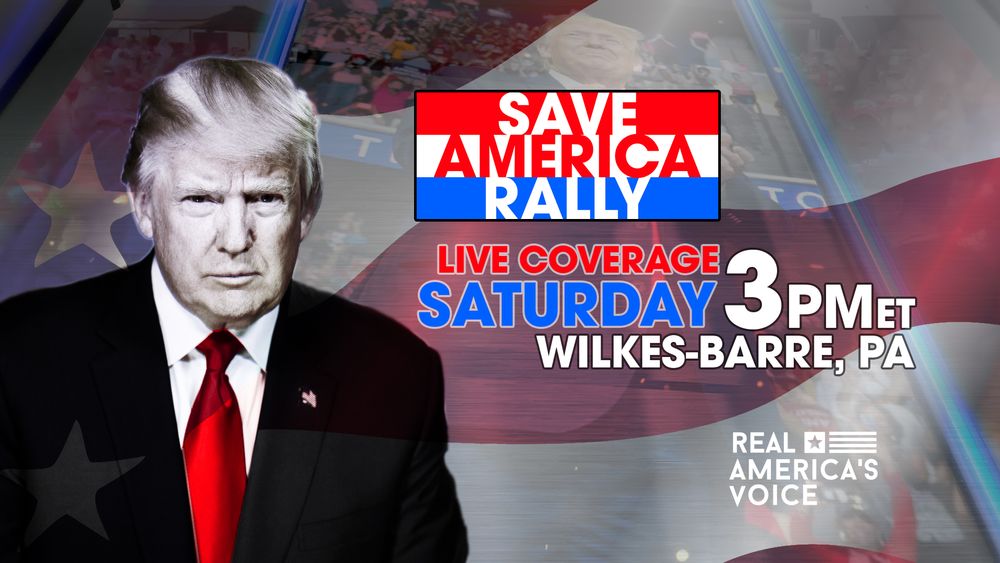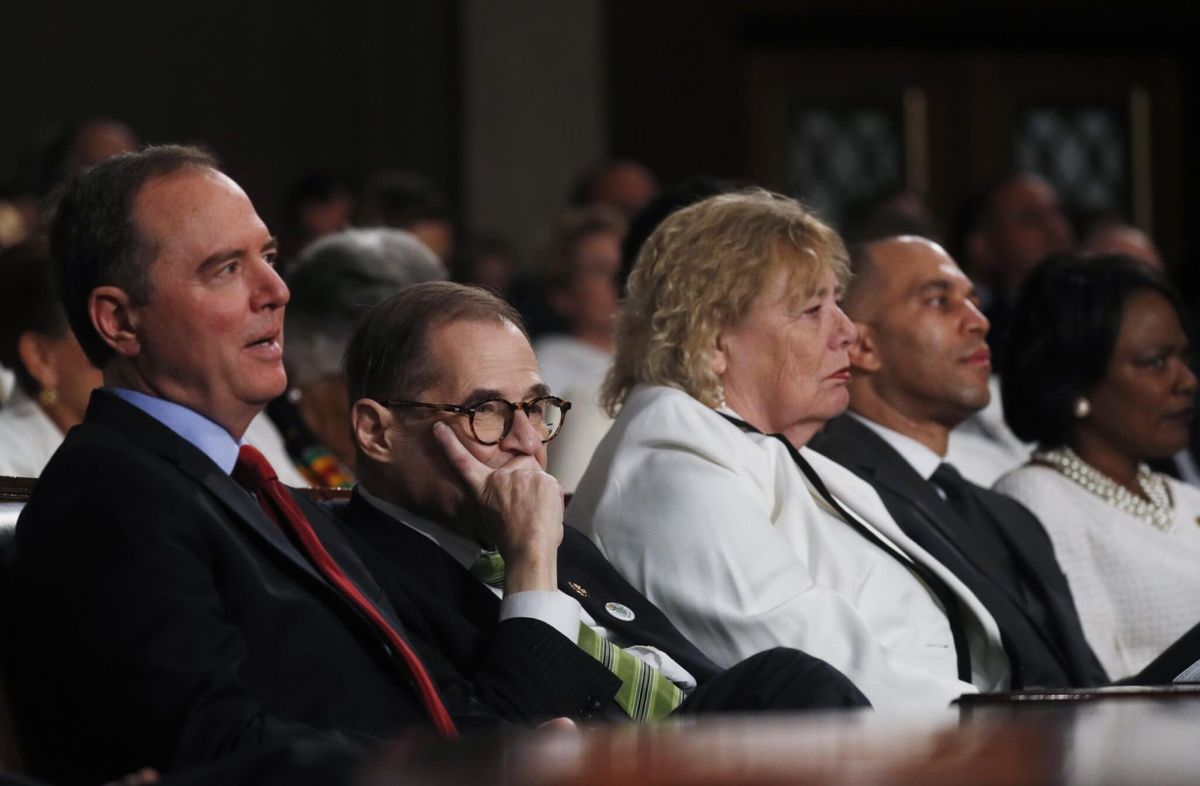
Trump Trial Reaches Conclusion With Acquittal Expected
The impeachment trial of U.S. President Donald Trump comes to an end Wednesday with what is widely expected to be the president's acquittal on charges of abuse of power and obstruction of Congress.
Members of the U.S. Senate will convene for the afternoon vote in their final act as jurors in the two-week trial that followed the House of Representatives approving two articles of impeachment against Trump.
In order to remove Trump from office, two-thirds of the 100-member Senate would have to vote to convict him. But Trump's Republican party holds a 53-47 majority, and no Republicans have publicly signaled they will vote against the president.
Similarly, no Democrats have said they would break with their party colleagues by voting to acquit Trump.
The president made no mention of impeachment during his State of the Union address Tuesday night. But he has criticized the process throughout as a "witch hunt" and said he did nothing wrong.
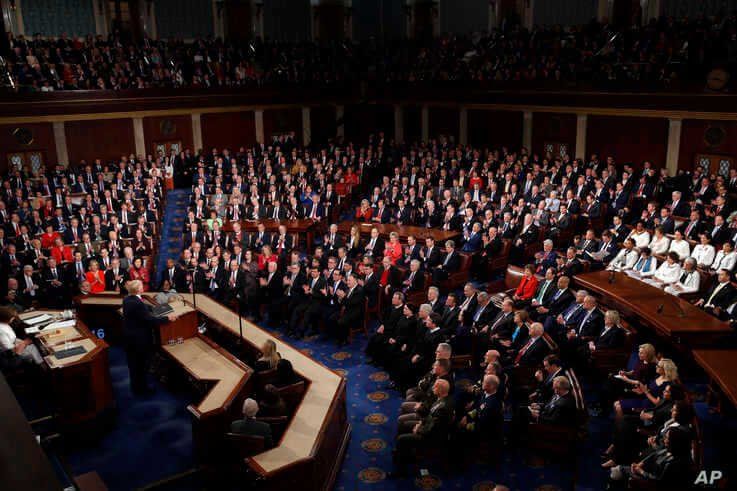
The articles of impeachment charge Trump with abusing his power by seeking a commitment from Ukraine to launch investigations into former U.S. Vice President Joe Biden and his son, Hunter, as Trump withheld $391 million in military aid to Ukraine.
The second charge is that Trump obstructed congressional investigations into his relations with Ukraine by directing members of his administration to not provide documents and testimony to House committees.
"The administration, its top people and Senate Republicans are all hiding the truth," Senator Chuck Schumer said. "The charges are extremely serious. To interfere in an election, to blackmail a foreign country to interfere in our elections, gets at the very core of what our democracy is about."
Senate Majority Leader Mitch McConnell, who helped plan an abbreviated trial that didn't allow new witness testimony or evidence, said the impeachment charges against Trump do not "even approach a case for the first presidential removal in American history."
 Trump’s Third Annual Address Emphasizes Domestic AchievementsNext PostRepublicans, Democrats View Trump’s Speech Differently
Trump’s Third Annual Address Emphasizes Domestic AchievementsNext PostRepublicans, Democrats View Trump’s Speech Differently
